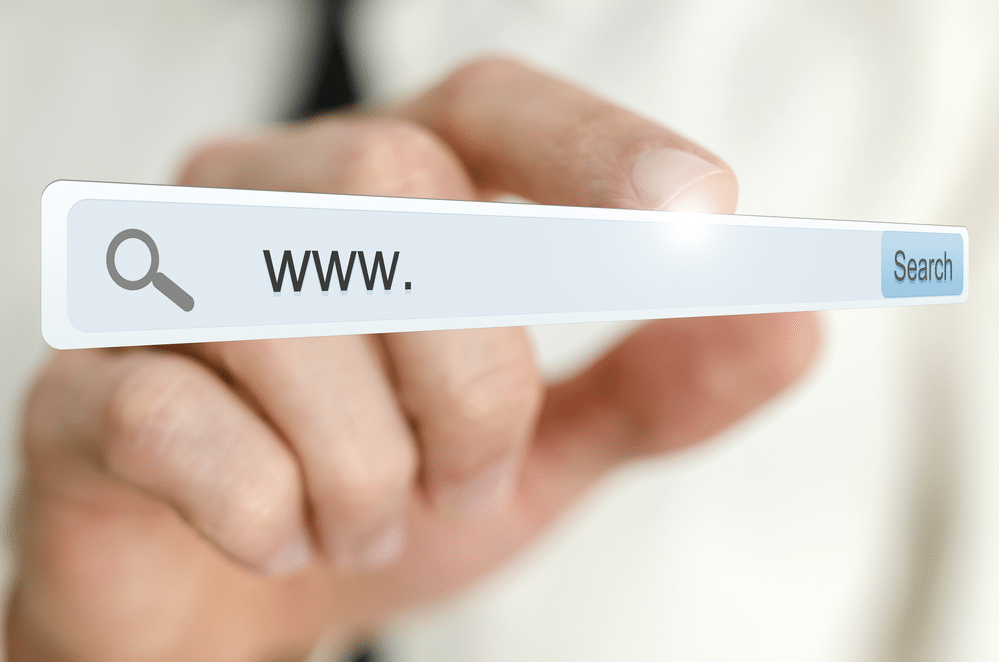When it comes to designing a website for your business, putting page speed on the back burner can cost you big time. User-friendly websites designed with visitors in mind can help increase brand growth, visibility, and revenue maximization. Page speed plays a significant role in creating user-friendly experiences. Your website may look great, but it is crucial to make sure that it is also loading efficiently.
Why Are User-Friendly Websites Important?
Websites that provide a user-friendly experience are more likely to rank higher in search engines. If someone lands on your website and then clicks the back button a few moments later, search engines will reprimand you for having a low bounce rate, and you can drop down in the results. Plus, you won’t make sales if your visitors don’t make it past the first landing page.
Slow loading times are notorious for causing low bounce rates. If somebody clicks on your site but has to wait forever to see what’s on it, they’re probably not going to stick around. By making sure that each page on your website loads quickly, you can increase your overall site speed and enjoy more traffic. The typical loading time for each page on your website should be more than two seconds.
Common Mistakes That Cause Slows Loading Speed
If you attempt to build a website without having any prior web development experience, there is a good chance that you may make a mistake or not catch something that can subtly cause your loading times to suffer.
Wrong Sized Images
One of the most common mistakes that impacts page speed is uploading large image files. Imagine clicking on a website, but the images don’t load right away – most people will become impatient and click off your site. Compressing images before you upload them can contribute to faster load times on your pages and better user experiences.
Multiple Redirects
If you move a page on your website from one subfolder to another, you have to set up a 301 redirect that takes people who click on the original link to the page’s new location. If you have too many redirects, this can have a severe impact on how long it takes for your entire website to load.
Unnecessary Code
Having unnecessary code on the back end of your websites, such as JavaScript or CSS, can make your website take forever to load. Drag and drop website builders often add excessive, uneditable coding to your website, making it difficult to load within two seconds or less.
How to Make Sure Your Website Always Loads Quickly
If you lack web design experience, you may find it challenging to make your web pages faster. The best way to ensure you are providing visitors with a fast and smooth is to optimize your site, contact Infinite Web Designs, LLC today to receive a free report of your current site speed grade and how we can improve it!







